
Exciting new series on “Voice, Body and Movement for Lawyers – How to connect with the jury and find Justice Through Dramatic Technique!”
Click here to find out more
This program will put "cutting edge" topics on hold and instead re-center lawyers' attention to the five core components of a "recipe" for ethical lawyering. Lawyers who attend this course will be reminded that the ethics rules can be complex and hard to memorize, but that there exist core concepts which, if kept at the front of mind, can keep lawyers on the straight and narrow path. While the program is built around the five alliterative core concepts – competence, confidentiality, communication, candor, and (avoiding) conflicts -- specific aspects of all of the following Model Rules will be addressed: 1.1, 1.2, 1.4, 1.6. 1.7-1.10, 1.15. 1.18, 3.3, 4.1, 7.1, and 8.4.
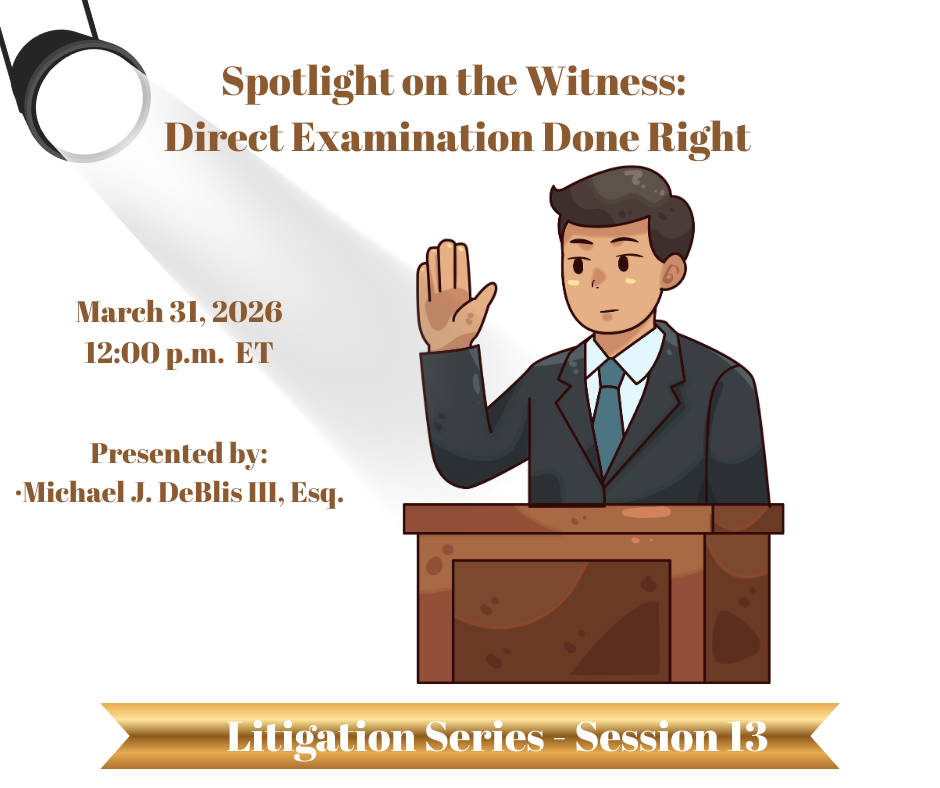
The direct examination presentation outlines how attorneys can elicit truthful, credible testimony w...
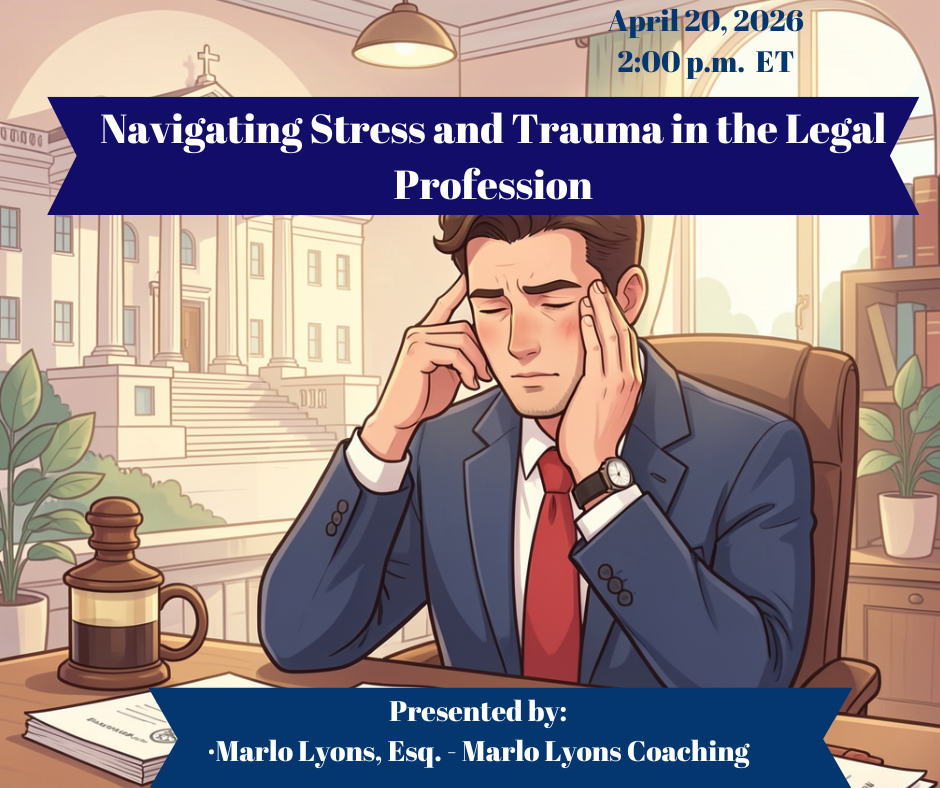
Navigating Stress and Trauma in the Legal Profession, explores the unique challenges faced by legal ...
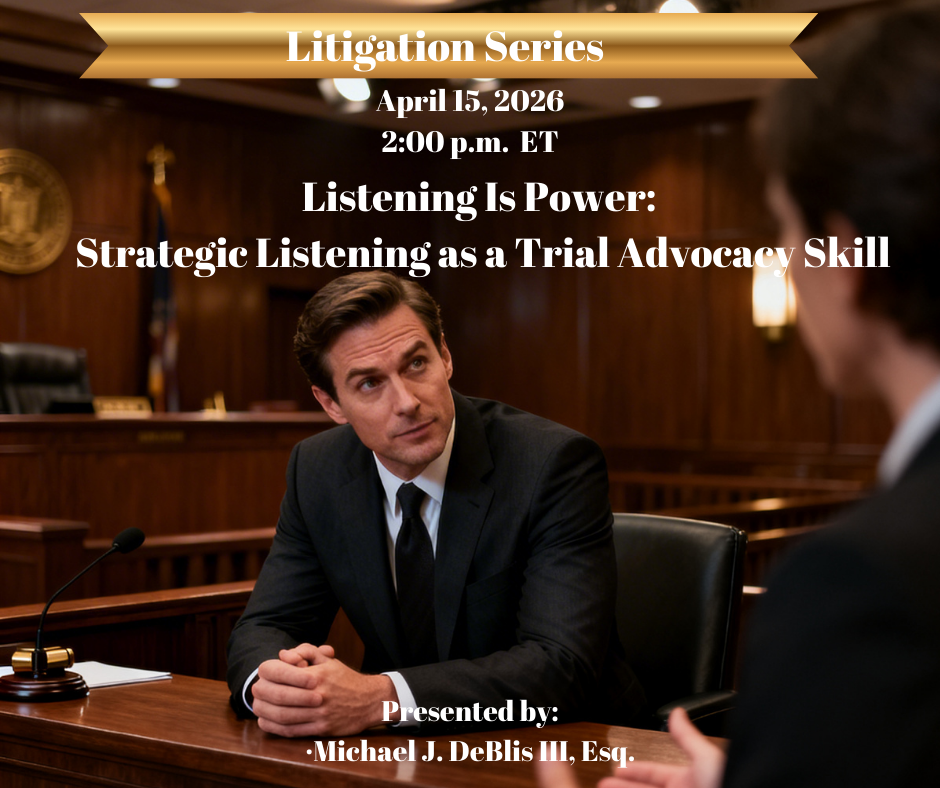
This program examines listening as an active, strategic trial advocacy skill rather than a passive c...
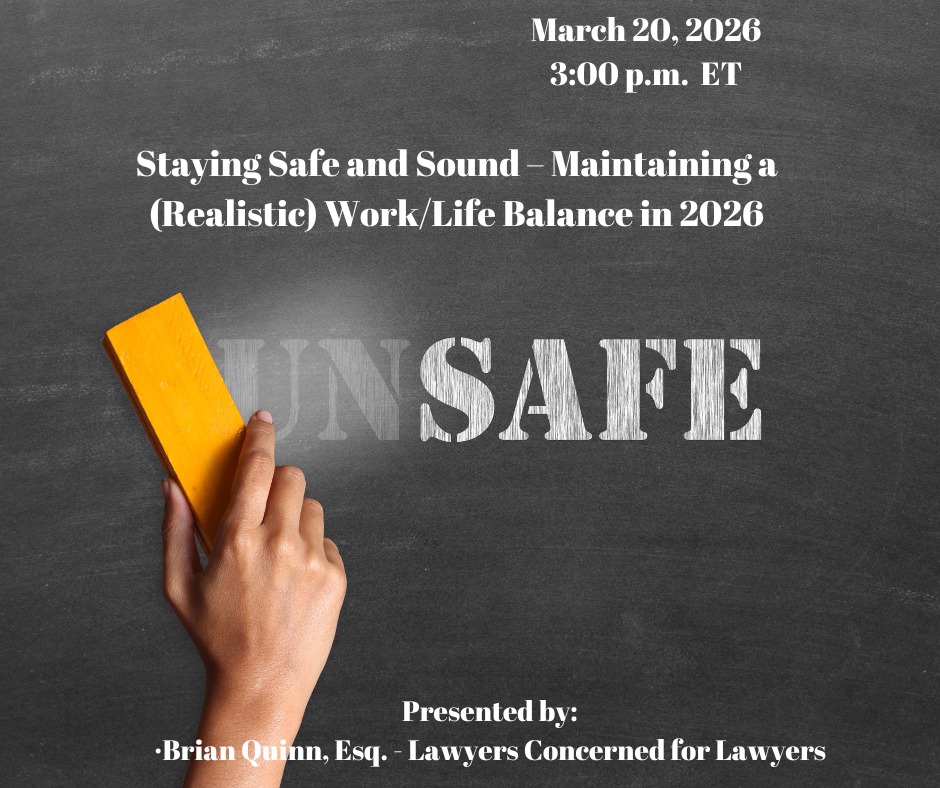
Recent studies have shown that there has been a dramatic increase in impairment due to alcoholism, a...
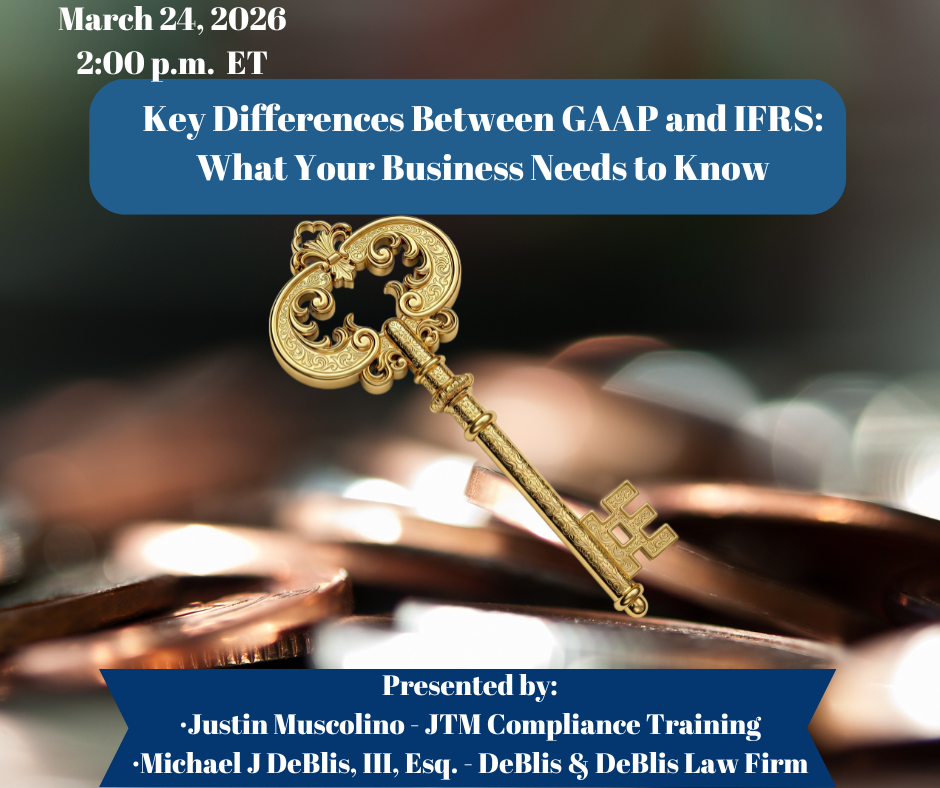
This session highlights the legal and compliance implications of divergences between GAAP and IFRS. ...
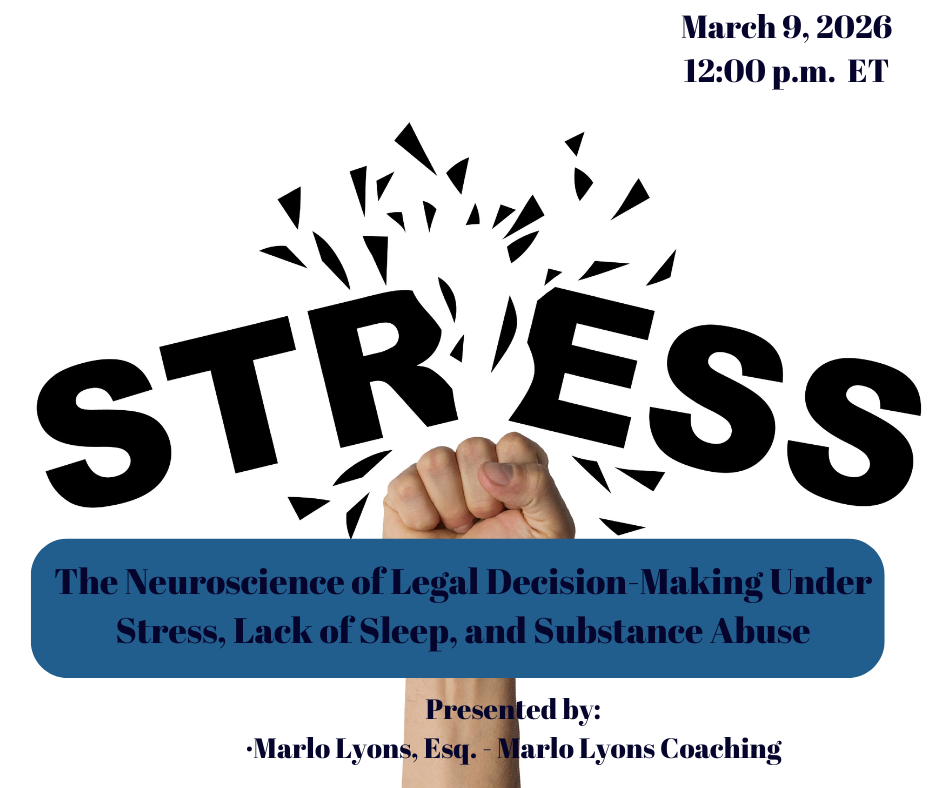
This dynamic and compelling presentation explores how chronic stress, sleep deprivation, and substan...
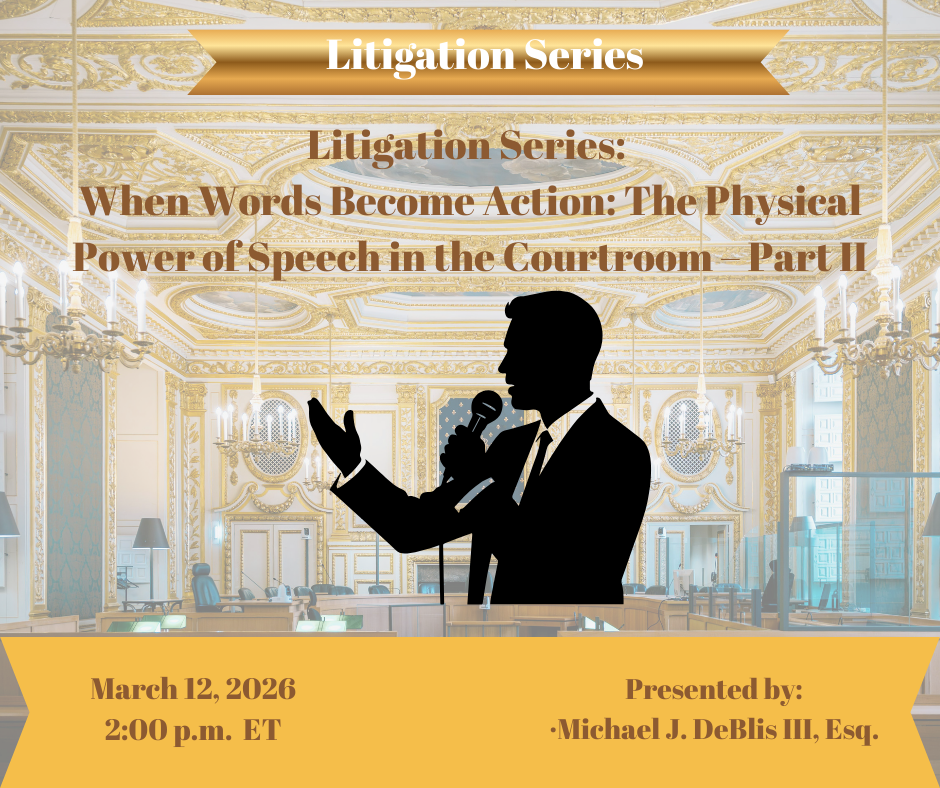
Part II builds on the foundation established in Part I by examining how classical rhetorical styles ...
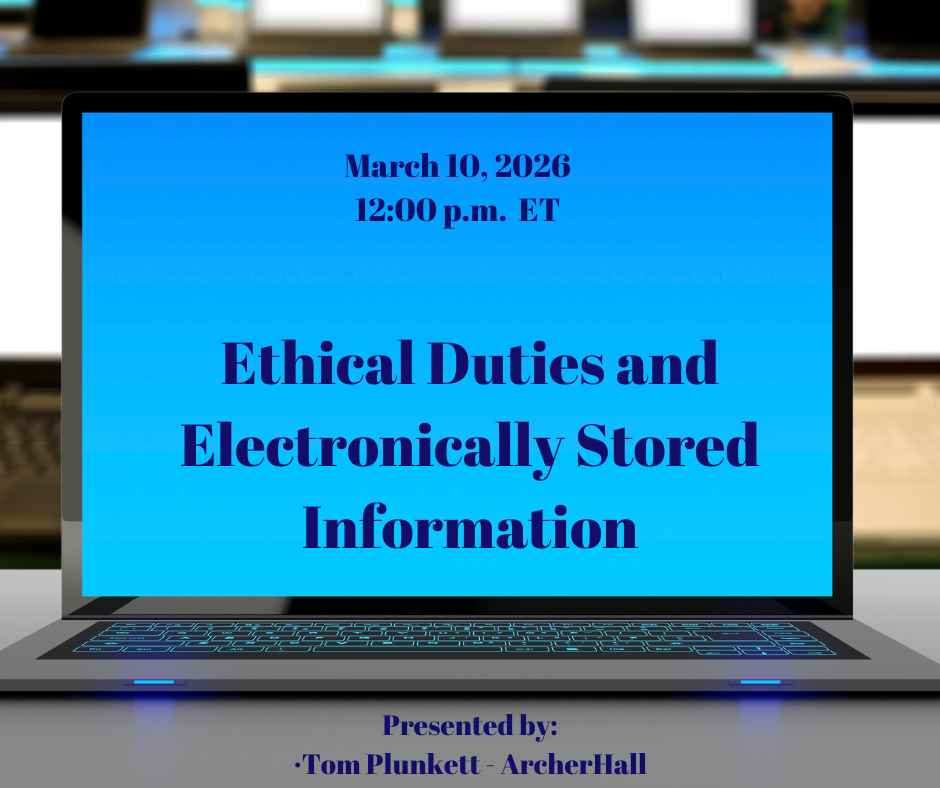
This CLE program examines attorneys’ ethical duties in managing electronically stored informat...
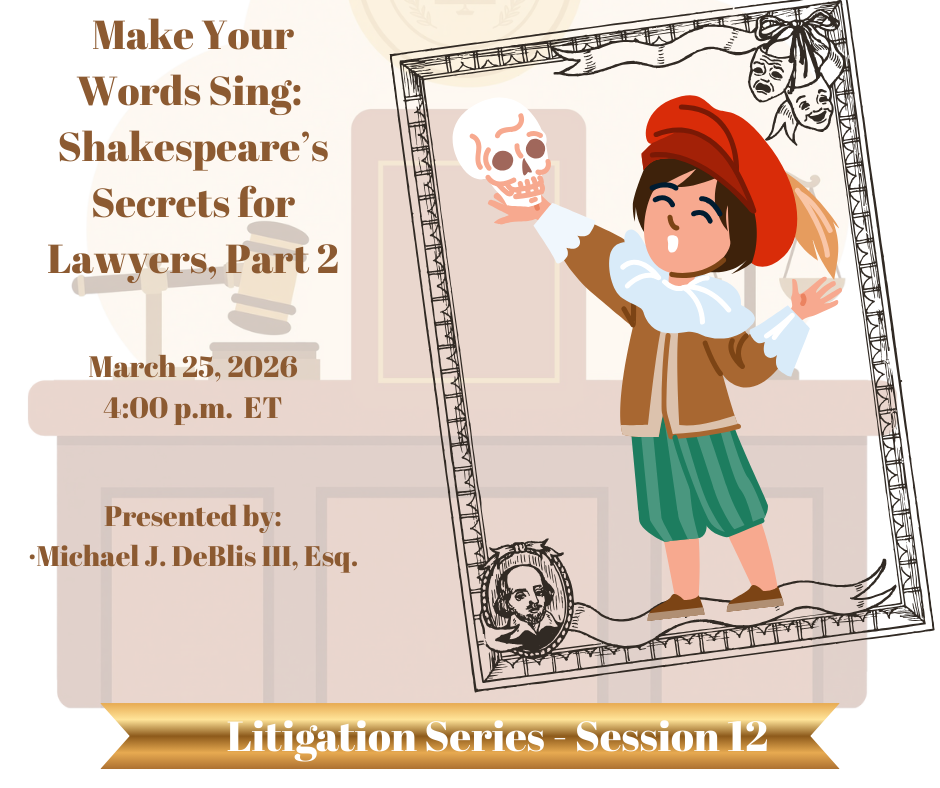
This companion program to Part 1 goes deeper into the rhetorical power of Shakespeare, emphasizing h...
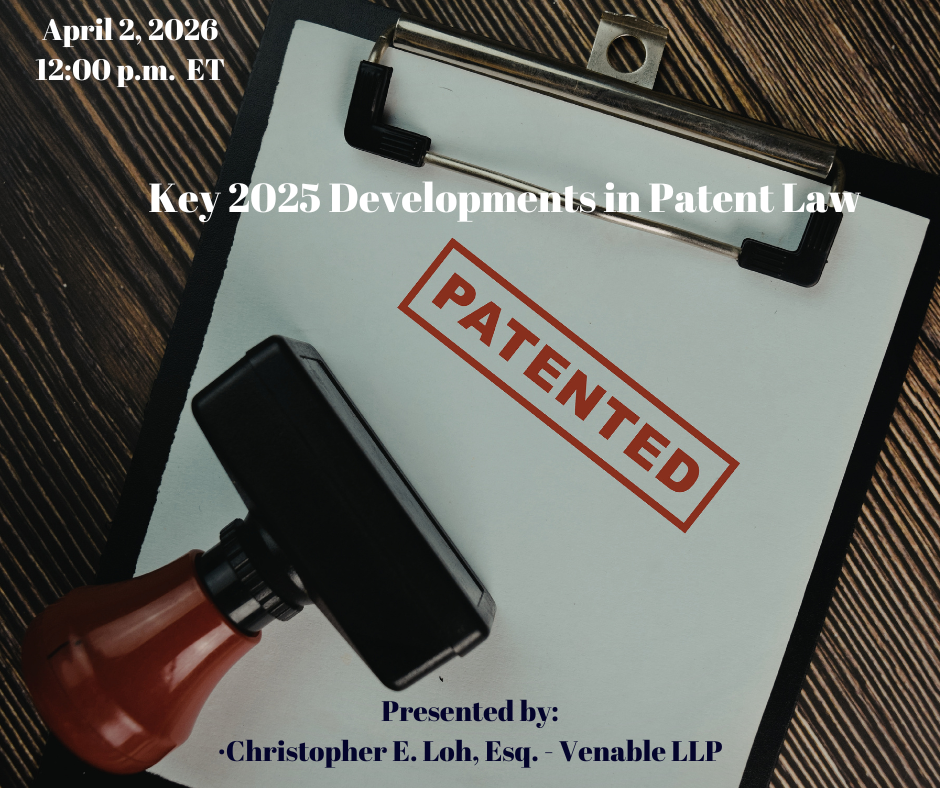
United States patent law and the United States Patent and Trademark Office’s patent-related gu...